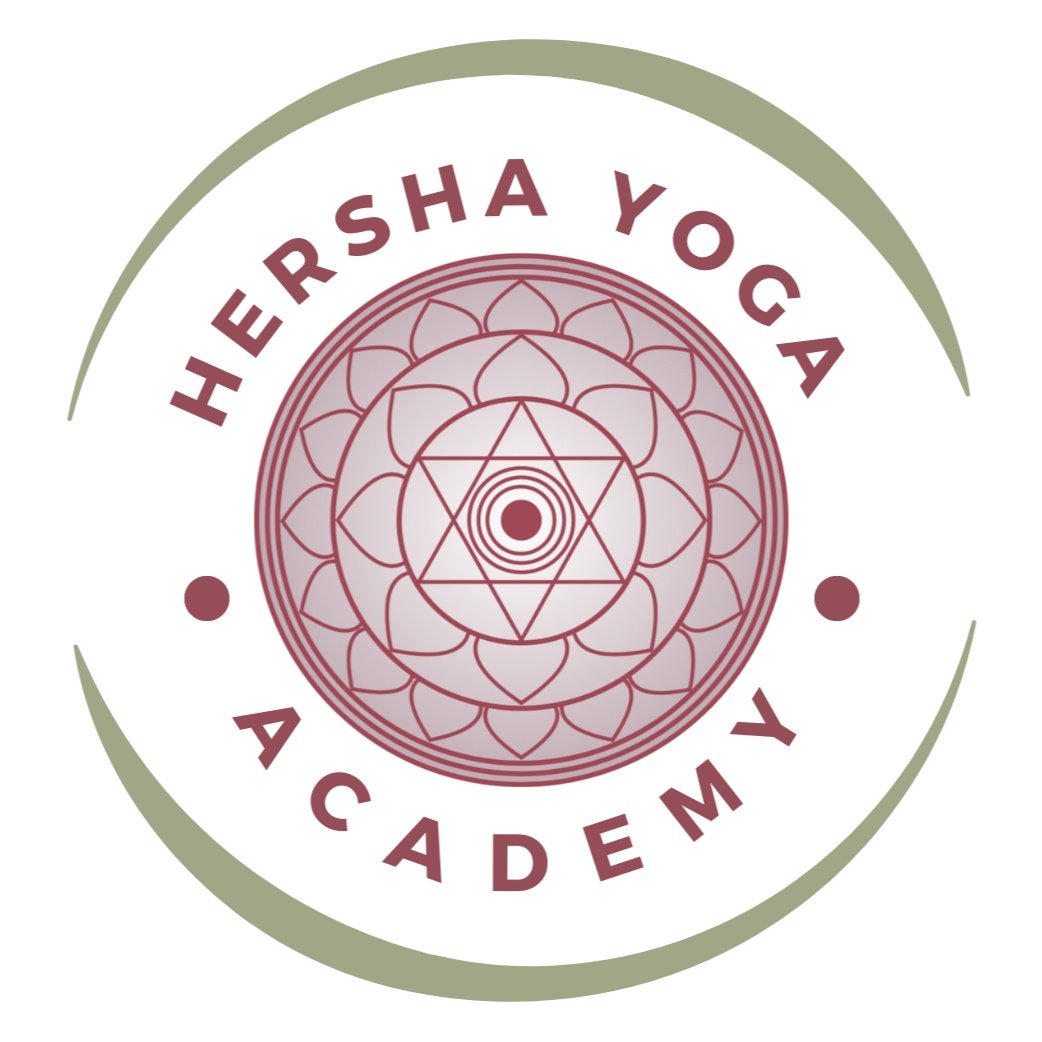Learning to Trust Yourself
Our body and our emotions don’t lie. When hurt, they let us know loud and clear through physical or emotional pain that something is wrong. When in good health, we receive optimal amounts of energy and motivation. We often swing between the two, and interpreting these these signals is where things get fuzzy. Can we trust our emotions? When we feel bad or sad or mad, are the emotions lying to us? Or is it the voice in our heads that creates the confusion? I often get mixed up about which feeling I can trust or which voice inside my head I should be listening to. To be completely honest I often drown out the signals of my body and emotions just to keep moving forwards with my busy life.
How unyogic right? Not listening to my own body or emotions (shock, horror…)
But don’t we do it all the time? How many times do we swallow our anger at our partners because it’s safer to keep the peace? How many times to we reach for the coffee, chocolate, wine, etc. to give us the kick we need to carry on, so we can safely continue to be who we are? Where does it get us?
When my body needs rest, there is a nagging sensation or pain that won’t leave me. It calls to me, “pay attention… pay attention… pay attention…” If I don’t, I end up getting sick. Same with emotions; I have a nagging feeling or a sick feeling my stomach or solar plexus area. There is a sense of uneasiness. If I ignore it, I regret it later. It all catches up with us sooner or later… sometimes we are forced to face the music. For me it’s the ultimate mix of burn out and overwhelm.
It’s really frightening to sit with emotions or physical pain. It’s depressing! Sometimes there are so many damn opinions (and that’s just from me, myself and I)!
How do I trust the right inner-voice?
So I go to my ultimate benchmark — my goal is peace. Before I can even stomach the idea of sitting with these emotions, my first task is to get out of fight or flight mode… I need to calm down. (In comes a plethora of yoga tools I can apply, asana, pranayama, meditation, kirtan, mantra, even a mindful walk or run.)
When I’m a little more prepared to go inwards… my second task is to get real with myself (yikes!)
What am I truly feeling?
Can I give it a name?
There is something specific that triggers this [insert name of feeling]… what is it exactly?
Can I control this situation? If so, what can I do to reach my goal of peace?
If not, what can I learn or how can I let go to reach my goal of peace?
This is the very essence of Abhyasa (Practice) and Vairagya (Non-attachment).
What usually follows is a battle between my inner-critic and my ego. One constantly tells me that I’m not good enough and the other angrily demands credit and praise for all the things I have done to deserve better and why I should carry on how I should.
I’ve come to learn that it’s neither the voice that puts me down nor puffs me up. They distract me from getting to the core of the issue. My third task is to recognise my true voice — the one where reason and vulnerability come together. This is the voice that I have been forced to listen to, and one that always brings much relief in my brain. It’s the voice of authenticity.
Listening to our voice of authenticity is the same as choosing the path of peace. Choosing peace doesn’t mean we always get what we want. Choosing peace may mean we have to stand in our power and confront some people or situations. Choosing peace may mean saying goodbye to something we love. The way in which we act makes all the difference. It’s easy to act out of fear or anger. In order to act in a way that reclaims our peace and personal power its important to turn to our core beliefs.
Which brings us to my fourth and final task in this process… to remember and act in accordance with my personal values: humility, courage, loving what matters, trust and joy. These values are the parameters that guide my future actions. It brought me to many realisations, one of which was to take some down time again (yes… very soon after my last extended down time) but to nurture my personal needs.
Trusting yourself means choosing peace… every single time.
